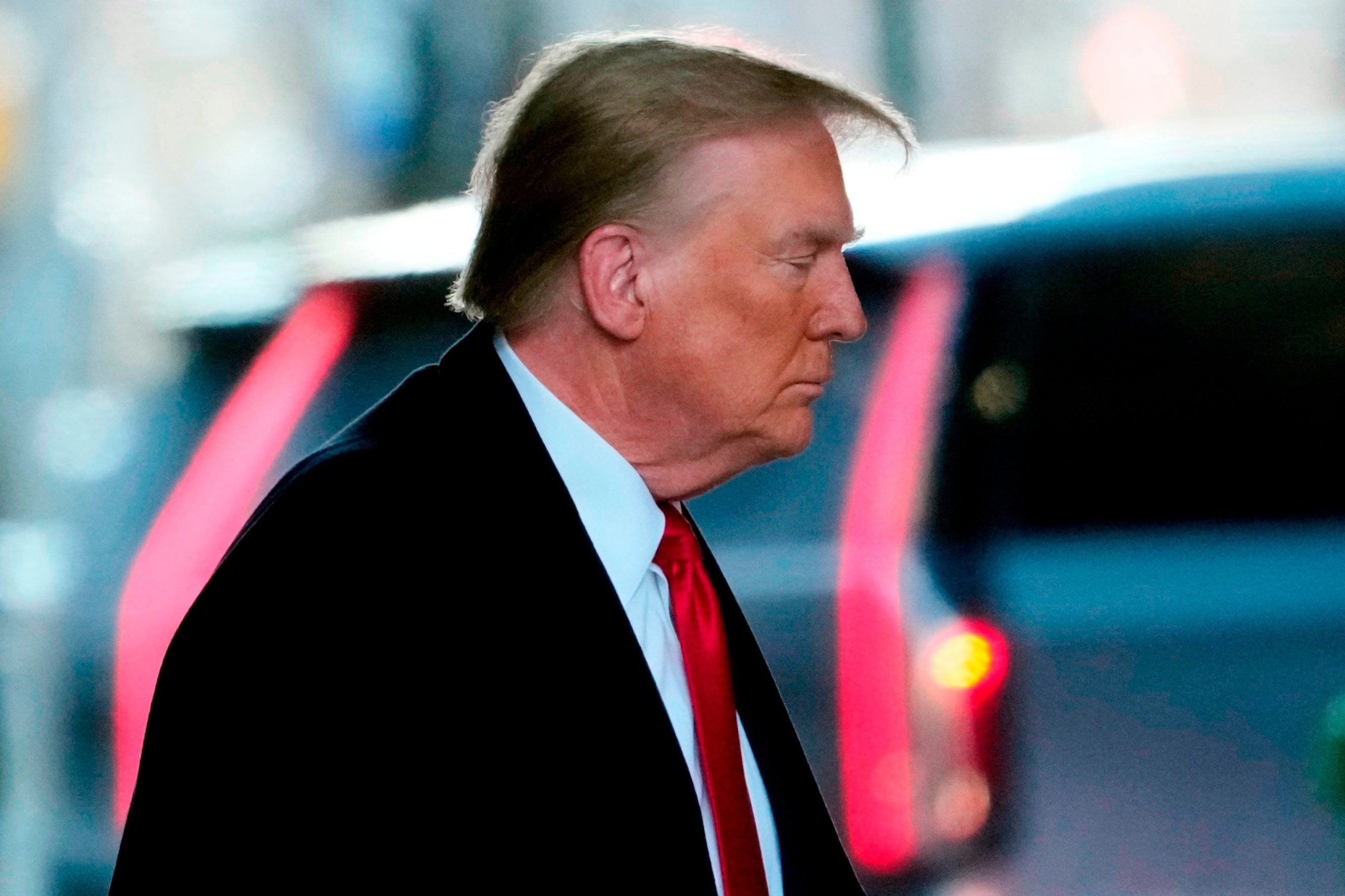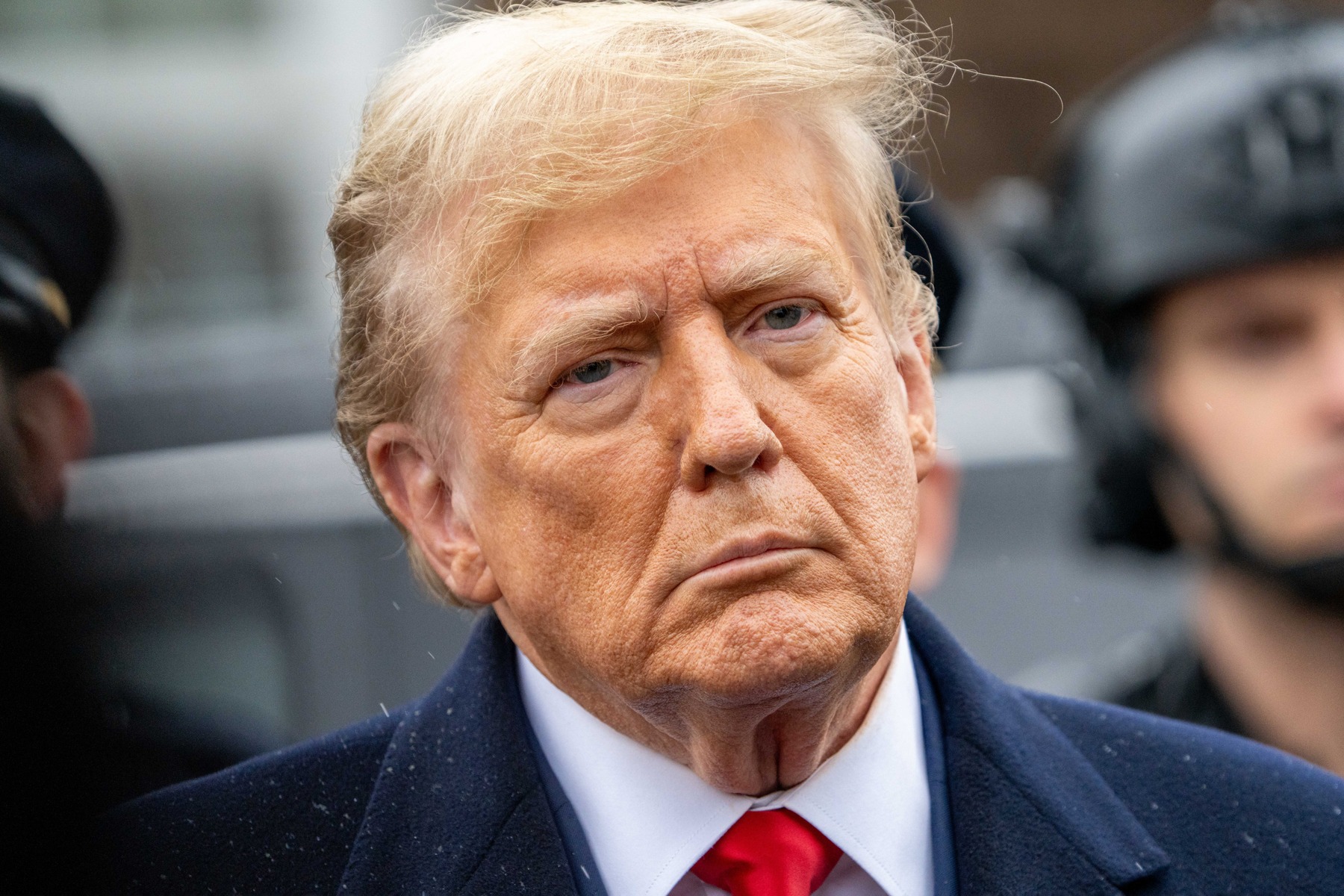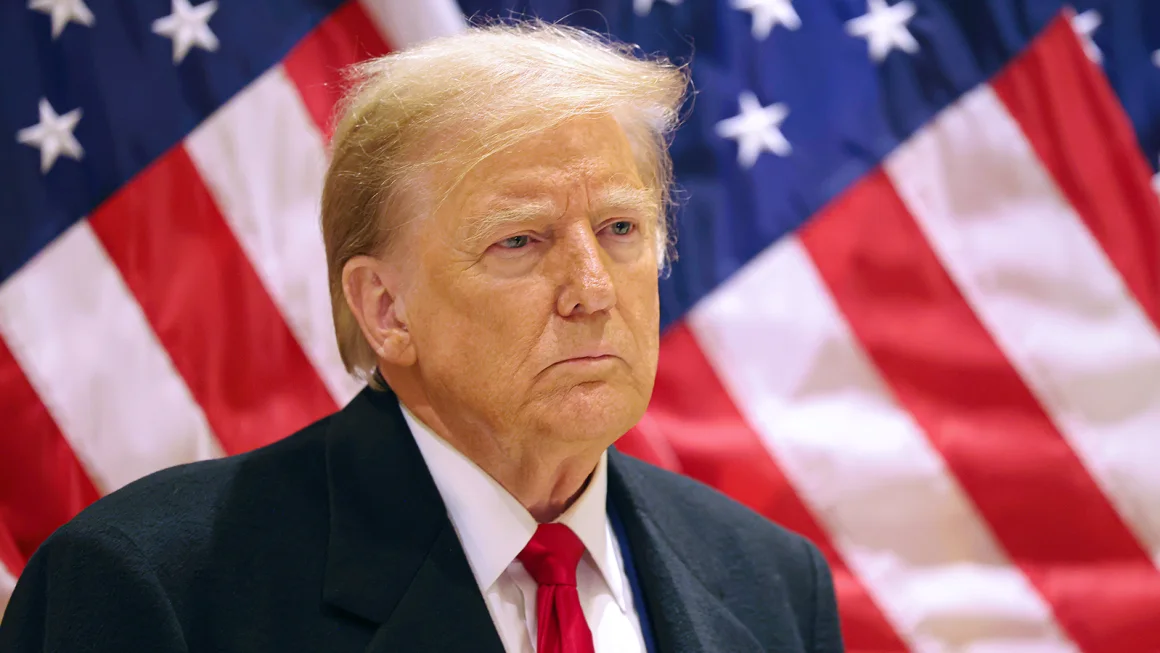Republican presidential candidate Donald Trump is considering proposing a new middle-class tax cut if he returns to the White House, according to sources familiar with the discussions.
Among the ideas being floated is a cut to the federal payroll tax, which could appeal to voters but may draw criticism from Democrats concerned about its impact on Social Security and Medicare.
Trump’s economic team had previously suggested slashing the payroll tax in 2020 as a response to the COVID-19 pandemic, but instead settled for allowing temporary deferrals in payroll tax payments. Discussions around a potential payroll tax cut are ongoing, indicating that Trump’s advisers are still interested in pursuing this option.

Donald Trump (Credits: ABC News)
Other ideas being considered include increasing the standard deduction on tax returns and cutting the marginal income tax rate for middle-income households. These discussions are aimed broadly at benefiting the middle class, though the specifics of any tax measure would depend on the composition of the next Congress.
Key figures involved in these conversations include conservative economist Stephen Moore and former National Economic Council Director Larry Kudlow, both of whom have close ties to Trump.
While tax cuts could stimulate short-term economic growth, experts warn of potential risks such as exacerbating inflation and increasing the national debt, which already exceeds $34 trillion. Some argue that with the economy performing relatively well and inflation concerns mounting, now may not be the optimal time for further stimulus measures.

Donald Trump (Credits: Rolling Stone)
Trump’s campaign has indicated support for more tax cuts if he wins the election, with a focus on reducing inflation and addressing the cost of living. Trump has also expressed intent to extend certain provisions of the Tax Cuts and Jobs Act (TCJA), a measure passed during his presidency.
However, critics argue that additional tax cuts could raise questions about budgetary discipline, particularly as the economy shows signs of strength. Designing tax relief measures that specifically benefit the middle class can also be challenging, as seen with debates surrounding the TCJA.
The federal payroll tax, in particular, has been a point of contention, with Trump previously allowing deferrals in payments but facing limited uptake from companies.























